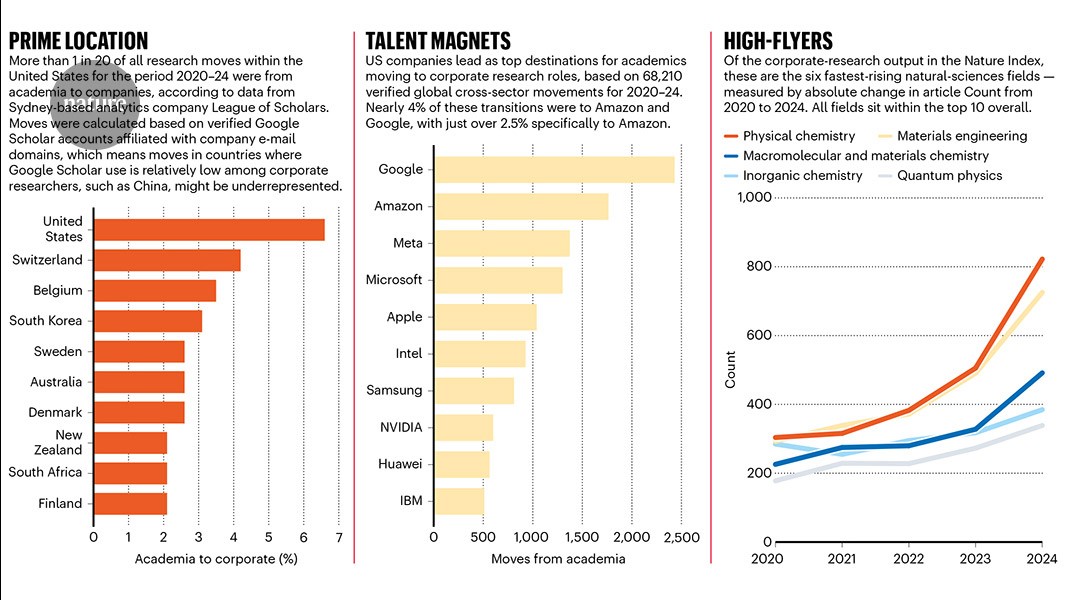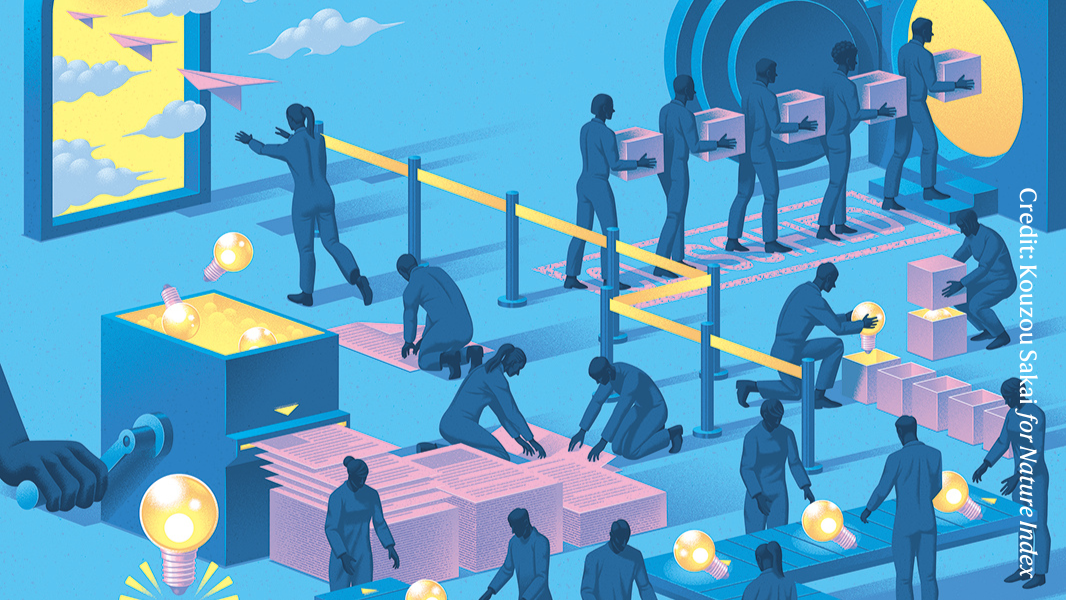#academic-research
#academic-research
[ follow ]
#research-funding #mental-health #corporate-research #higher-education #innovation-economy #gps--navigation
fromPatently-O
1 month agoCall for Applications: 2026-2027 Thomas Edison Innovation Law & Policy Fellowship
The University of Akron School of Law's Intellectual Property Policy Institute (IPPI) is now accepting applications for the 2026-2027 Thomas Edison Innovation Law & Policy Fellowship-a year-long, non-resident program supporting rigorous scholarship on intellectual property, creativity, and innovation law. Now entering its twelfth year, the Edison Fellowship brings together a small group of U.S. scholars for three intensive, invitation-only roundtables with senior commentators including Professors John Duffy, Erika Lietzan, Michael Risch, and Mark Schultz.
Intellectual property law
fromClickUp
3 months ago15 Best GPTs for Research and Knowledge Discovery in 2025
The challenge? Finding the best ones for the job. In this blog post, we've compiled a list of the best GPTs for research to help you save time, boost efficiency, and focus on your ideas. 🎯 Best GPTs for Research at a Glance The Best GPTs for Research Not all GPTs are worth your time for research. Some miss the mark, while others actually help you find useful insights. These are the ones that get it right.
Artificial intelligence
fromNature
3 months agoDeep brain stimulation data need public oversight
Public funding enabled early proof-of-concept studies that leveraged patents and prototypes, fostering a virtuous cycle of collaboration involving academia, industry and people receiving treatment, culminating in DBS implants.
Medicine
fromHackernoon
9 months agoTurn Your PDF Library into a Searchable Research Database with 100 Lines of Code | HackerNoon
Extracting metadata from research papers facilitates better academic search and retrieval dynamics. By building semantic embeddings for metadata, users gain enhanced search capabilities that match user queries with relevant content.
Online learning
Artificial intelligence
fromwww.theguardian.com
6 months agoUS attacks on science and research a great gift' to China on artificial intelligence, former OpenAI board member says
The U.S. targeting of academic research and international students bolsters China's AI competitiveness, according to Helen Toner.
fromSFGATE
6 months agoJennifer Garner's Daughter Violet Affleck Recalls Heated Argument She Had With Her Mom Over the California Wildfires
"I was surprised at her surprise: as a lifelong Angelena and climate-literate member of generation Z, my question had not been whether the Palisades would burn but when."
Los Angeles
fromInside Higher Ed | Higher Education News, Events and Jobs
7 months agoFor Some Anxious Faculty, Family Offers Relief
"Having family nearby who can offer different types of support-financial, social or emotional-can definitely make a difference in how much anxiety and worry surrounds the jobs."
Mental health
[ Load more ]

